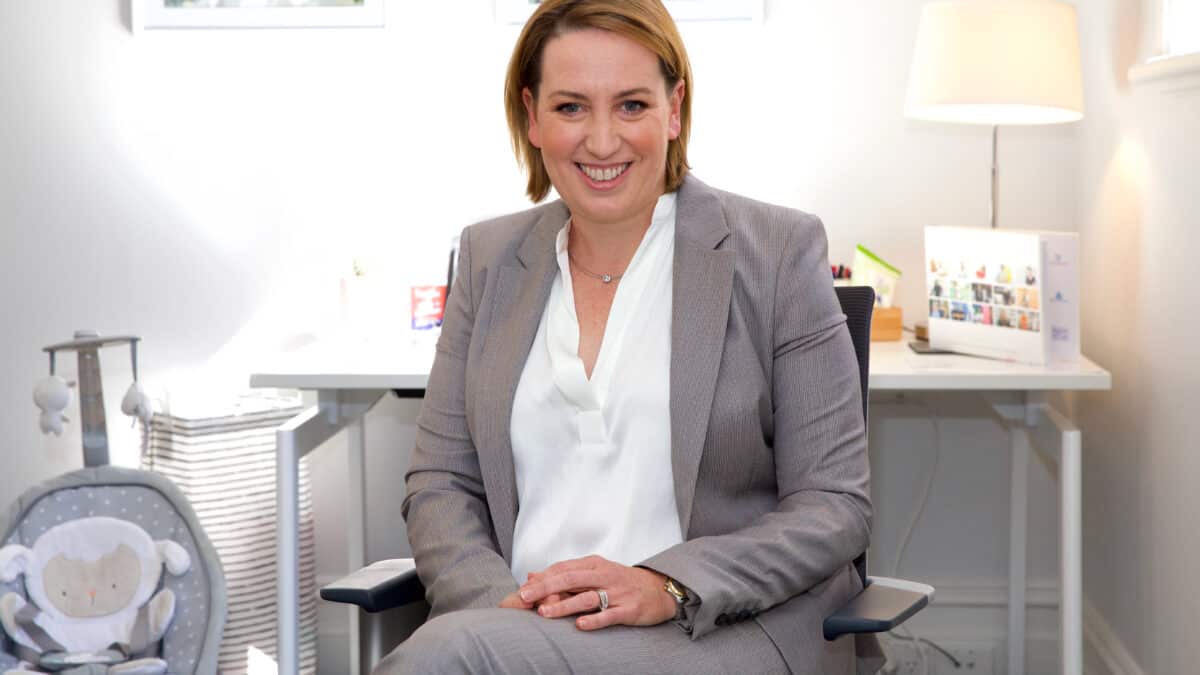
Dr Eveline Staub Opening Statement – Select Committee on Birth Trauma
April 11, 2024AMA (NSW) Statement on ABC Four Corners episode Pain Factory
Many AMA (NSW) members will be aware of the ABC 4 Corners story that aired on Monday 8 April titled Pain Factory.
AMA (NSW) and our state and federal counterparts are deeply concerned by the ongoing, sweeping attacks on the medical profession. We are aware of the distress and difficulty they cause both at a personal level and in relation to the trust patients have in doctors.
We sympathise with the patients interviewed who live in pain every day. Approximately 45,000 Australians undergo spine surgery each year and the overwhelming majority of surgeons and anaesthetists are responsible, ethical and will always act in the patient’s best interests.
The AMA has always been clear that there is no place in the medical profession for doctors wilfully acting against a patient’s best interests.
These practitioners must be appropriately investigated and held to account by the relevant regulatory agencies.
The AMA believes that medicine, like any other profession, should not be judged based on the actions of a few, particularly where the stories highlighted are drawn largely from cases which have already been through the regulatory process.
The 4 Corners program was unbalanced, contained many inaccuracies and conflated the issues of Medicare billing and the competency of certain individual surgeons.
The ABC did not approach the AMA or any of the relevant specialist colleges or societies for comment or input during the six months it spent developing this story.
The Australian Society of Anaesthetists could have assisted the journalist in understanding the different procedures and MBS item numbers involved in spine surgery.
The Australian Orthopaedic Association, the Neurological Association of Australasia and/or the Spine Society of Australia could have advised the journalist of their calls for years for a robust auditing process as part of any billing process – advocacy that has so far fallen on deaf ears at the federal Department of Health and with the private health funds.
There has been little to no follow-up interest in this story from other media outlets. To this end, the AMA chose not to publicly comment on it as that would only give it credibility.
We recognise that private health insurers have a critical role in the funding of health care in Australia. A viable and strong private health system is critical to not only the patients served by that system but also to our public health system which is otherwise drowning in a sea of demand.
The need to find effective and constructive ways for doctors, private health insurers and private hospitals to work together is the key reason that the AMA is seeking a Private Health System Authority to ensure patients get value for money.
We will be continuing our work through various channels, including mainstream and social media, to directly impart to patients the important role of doctors in the delivery of healthcare and the need for doctors and patients to be the ones responsible for deciding the care a patient needs.
We value the support of all of our members in allowing us to do this important work.

